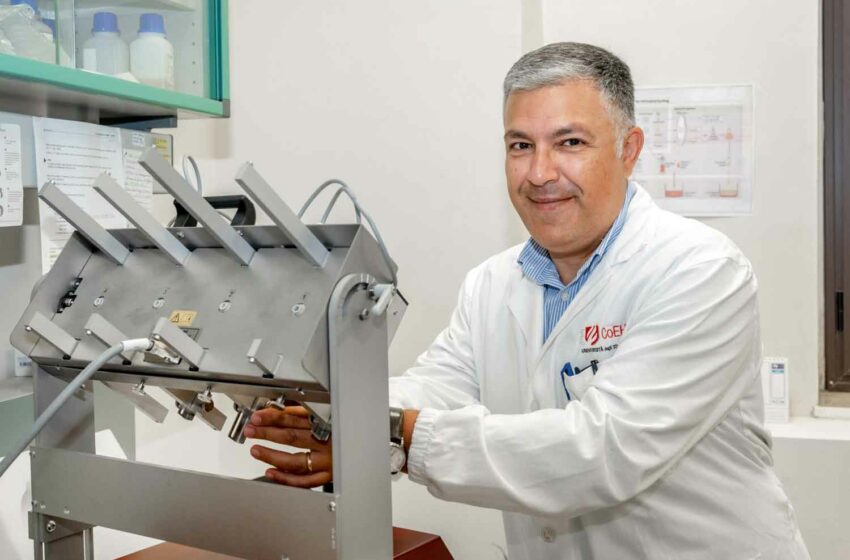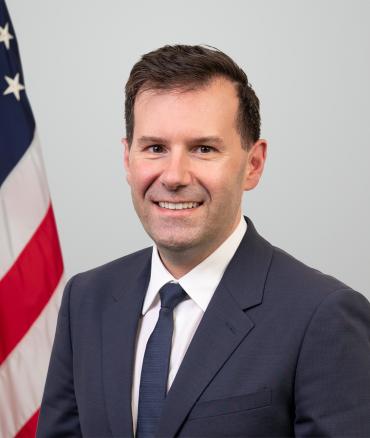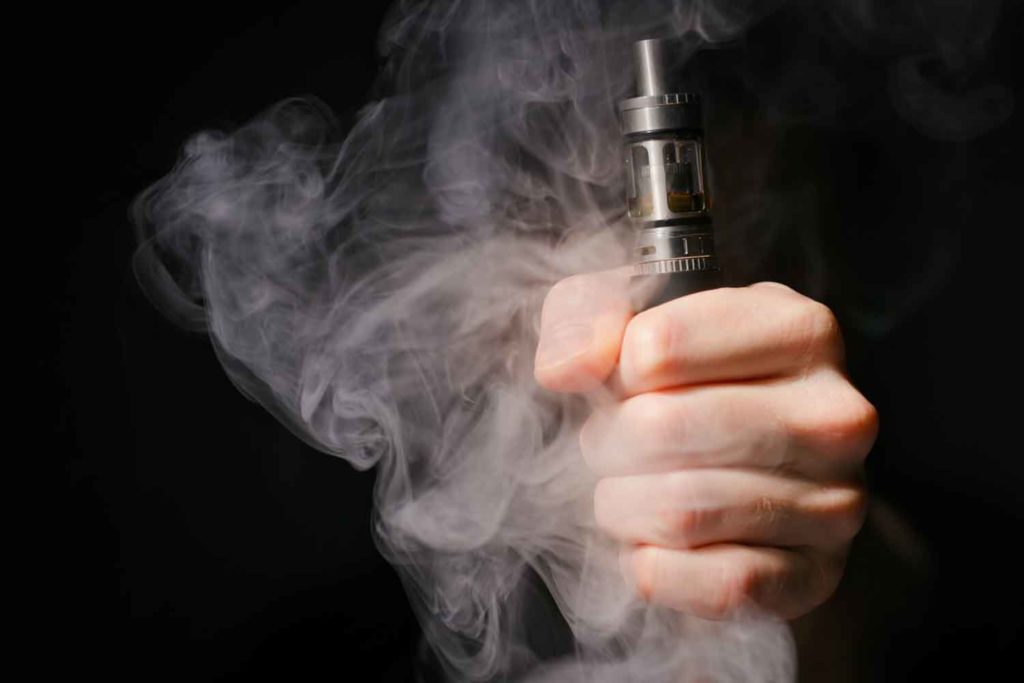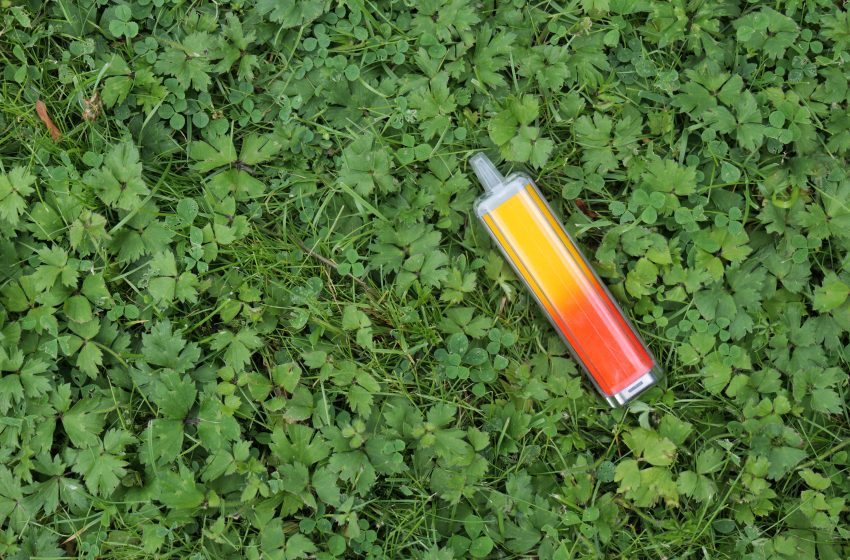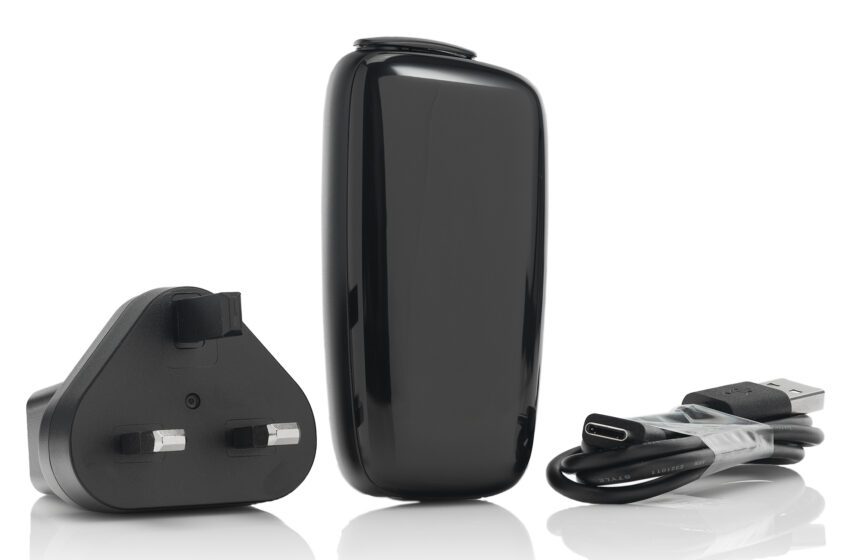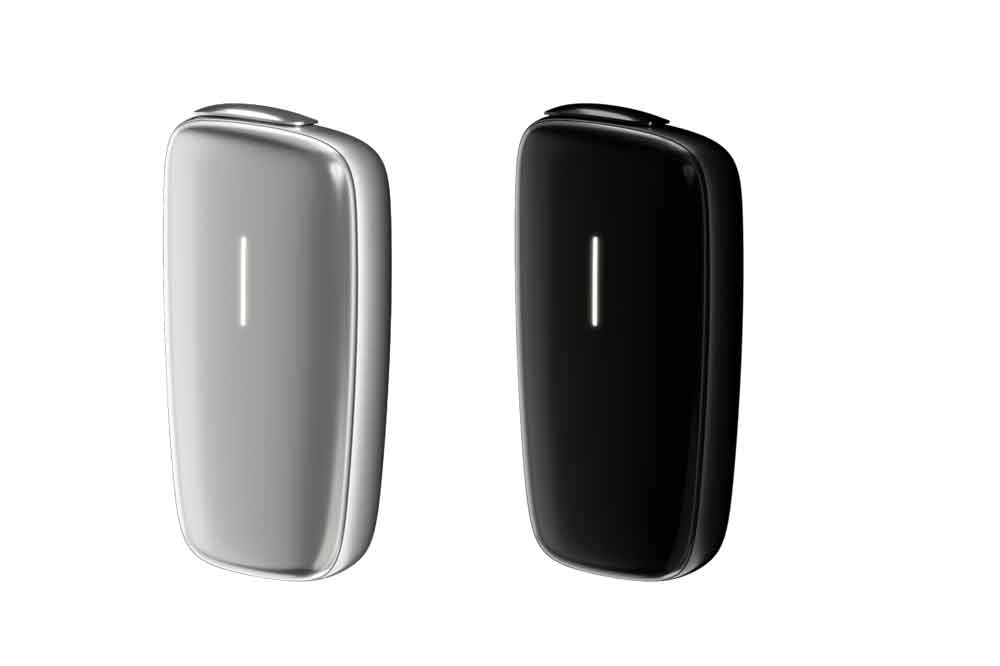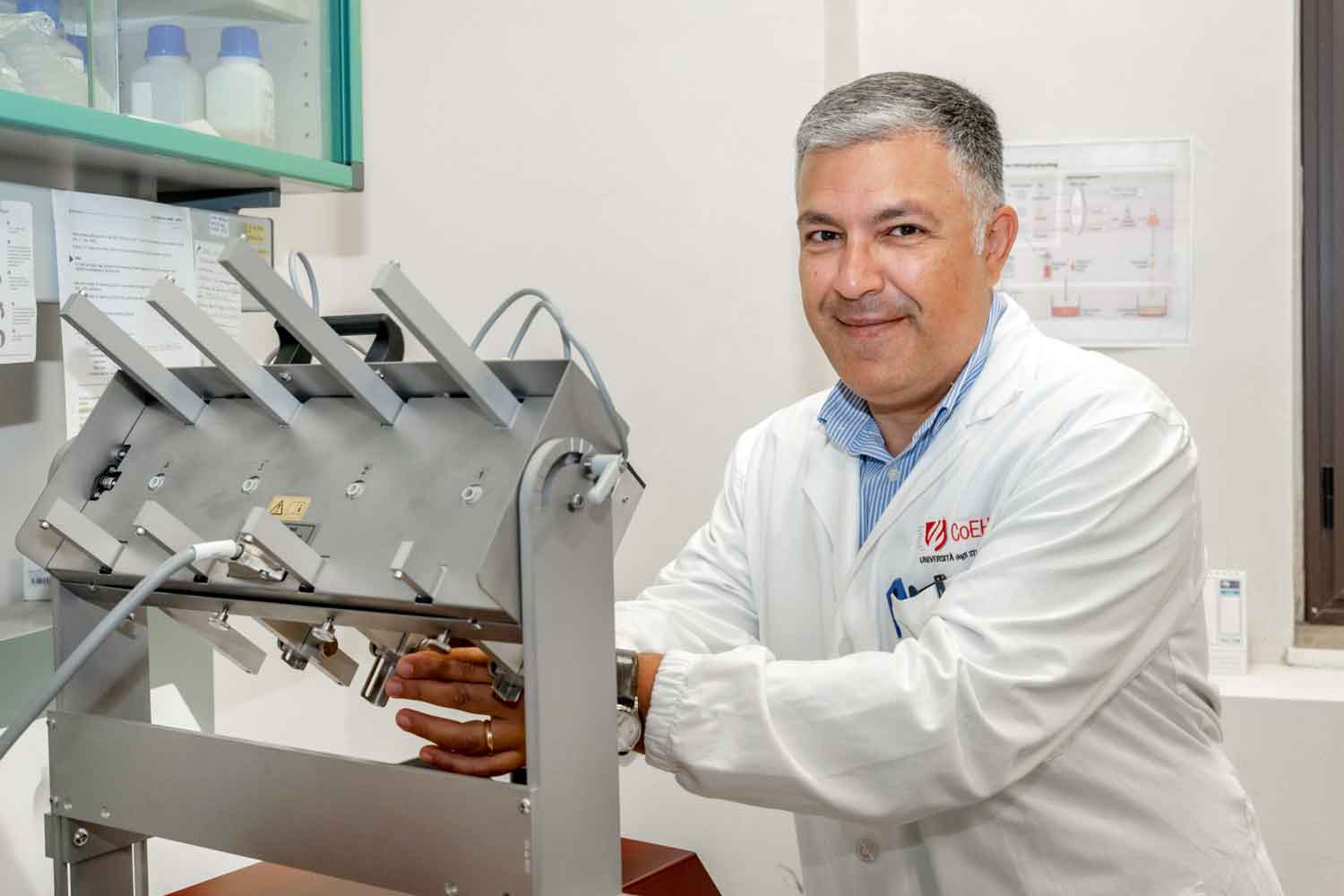
The aerosol from e-cigarettes induced slight to no cytotoxic, mutagenic and genotoxic effects during tests conducted by the Replica research team of the Center of Excellence for the acceleration of Harm Reduction (CoEHAR) that compared these effects to those induced by cigarette smoke.
According to CoEHAR, science has been suffering from a “replicability crisis” in recent years. The use of different research methodologies usually leads to different data, resulting in flawed results that misinform policies and impact on health and social care practices, as well as smokers who are seeking a complete cessation.
Replica researchers aim to fill this methodological gap by replicating international in vitro studies on the toxicity of cigarette smoke and e-cigarette aerosol by an independent and multicentric approach, adding experiments or conditions where necessary, in order to verify the robustness and replicability of the data and results.
The most recent study replicated by the team was published by Rudd and colleagues in 2020. The study aimed to establish the cytotoxicity, mutagenesis and genotoxicity of cigarette smoke or e-cigarette aerosol on cells .
Replica researchers performed a standard toxicology battery of three assays used for product assessment and regulatory applications. Their results, published by Springer Nature’s Scientific Reports, indicated that e-cigarette aerosol was low cytotoxic and it did not show any mutagenic or genotoxic activity unlike the cigarette smoke, which showed high cytotoxic, mutagenic and genotoxic activity. Moreover, the Replica study covered some methodological gaps and limitations in the original work, by adding some conditions with the aim of covering all the possible ways of inducing genotoxicity and mutagenesis on cells.

Our findings not only confirmed the results obtained by our colleagues but also addressed some methodological gaps and limitations in the original work.
First author Rosalia Emma
“Our findings not only confirmed the results obtained by our colleagues but also addressed some methodological gaps and limitations in the original work,” said Rosalia Emma, first author of the Replica study, in a statement. “However, it’s important to highlight that, despite using different machinery and the variations in the exposure methodology, in the case of cytotoxicity (NRU assay), the toxicity of the e-cigarette is significantly lower than that of traditional cigarettes”.
In the Replica study, the team performed the NRU assay to assess cytotoxicity, the bacterial reverse mutation (Ames) assay to evaluate mutagenicity and the in vitro micronucleus assay to measure genotoxicity. Despite some different methodologic aspects, the researchers obtained results similar to those obtained by Rudd and colleagues.
“Although we have added experimental conditions neglected by the authors of the first paper, the results obtained previously are confirmed and even strengthened, confirming the electronic cigarette as a useful tool for reducing smoking damage in healthy smoking subjects” said Massimo Caruso, co-project leader of the Replica project and corresponding author.

